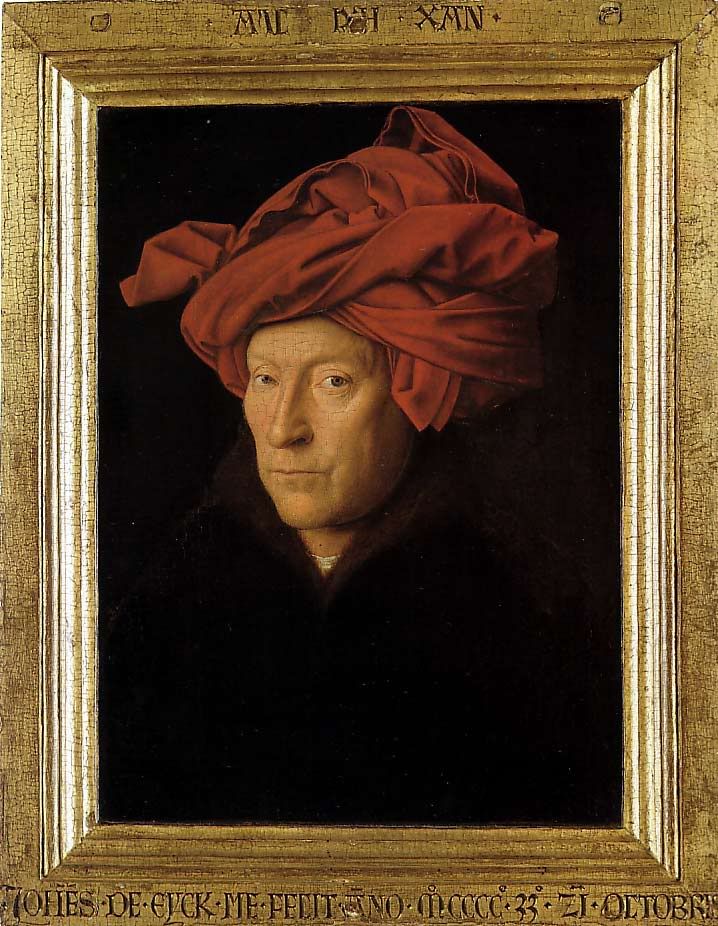Turbans-Я-Us
Technorati tags: Malaysia, Turban, Religion, Critique, Humor (sort of)
Turbans - cultural fashion accessory or religious requirement?
 Depending on whom you talk to, it's one or the other, maybe even both. For the Sikhs, donning the turban is a sign of respectibility and nobility (source: Sikhi Wiki), and is almost a pre-requisite for a Sikh male. But what about for Muslims?
Depending on whom you talk to, it's one or the other, maybe even both. For the Sikhs, donning the turban is a sign of respectibility and nobility (source: Sikhi Wiki), and is almost a pre-requisite for a Sikh male. But what about for Muslims?
UltraMENJ, for example, opines that the turban and the jubah (Arabic robe, which, by the way, comes in different designs, depending on which Arab region) "is generally accepted as a religious attire". The same opinion is held, supposedly, by conservative Muslims throughout the world. In other words, it's both a cultural accessory and religous garb.
The reasoning (at least from UltraMENJ's point of view), is that "Islam is a semitic religion which is revealed for the whole of mankind. Therefore anything associated with it is universal" (from his own comments in the same post). Logical reasoning, no? (more on this later in the post)
By now, just about everyone should know about the recent high court decision to uphold a ban on wearing the turban, by Muslims, as part of their school uniform attire, during school hours. This has been reported by other prominent Malaysian bloggers, such as The Malaysian and KTemoc, to name a couple.
 NST picture from July 13 - click on picture for a PDF of the article
NST picture from July 13 - click on picture for a PDF of the article
As a result, many conservative Muslims are up in arms, claiming that it infringes on their religious rights, and PAS Youth even going as far as saying that the judge's written decision is an insult to the Prophet Muhammad. What really irked the conservatistas is probably this portion of the judge's decision:
"I accept that the Prophet wore a turban."
"But he also rode a camel, built his house and mosque with clay walls and a roof of leaves of date palms, and brushed his teeth with the twig of a plant," Hamid said in the judgment, delivered by Federal Court Deputy Registrar Kamaruddin Kamsun.
"Does that make riding a camel a more pious deed than travelling in an aeroplane?"
The ire expressed by the Youth wing of PAS is, well, almost comical. It seems that the insult was more towards PAS' preferred way of dress, not the Prophet per se. Walski supposes that any publicity is good publicity.
(more turbanatical discourse in the full post)
But back to the subject of turbans. If the claim that turbans (and jubah) are accepted as "Islamic religious garb", it must mean that Sikhs are more Islamic in nature than non-turbaned Muslims, right? And the Jedi knights in the Star Wars films were actually Islamic Jihadis, right?
 Lightsaber-wielding Islamic Jihadis, minus turbans
Lightsaber-wielding Islamic Jihadis, minus turbans
Most rational people, however, would probably disagree with these observations, Walski included.
The problem, in Walski's opinion, is the literalism ascribed to by many Muslim conservatives. Islam was revealed (through the Quran) in Arabia, therefore aping Arabism is a natural form of piety - including donning of the turban and jubah. Interestingly, this is what the Quran has to say:
[Surah 41 Verse 44, Yusuf Ali translation] Had We sent this as a Qur'an (in the language) other than Arabic, they would have said: "Why are not its verses explained in detail? What! (a Book) not in Arabic and (a Messenger an Arab?)" Say: "It is a Guide and a Healing to those who believe; and for those who believe not, there is a deafness in their ears, and it is blindness in their (eyes): They are (as it were) being called from a place far distant!"
In other words, belief, from a Quranic perspective, has little to do with what language you speak, and what culture you belong to. The assertion that because the Quran (hence Islam) was revealed in Arabic, Islam must be universally associated with Arabic culture is pure nonsense. And don't forget, in the Arab lands, even Christians (Jews have their own headgear) would probably be wearing turbans and robes; at least the culturally traditional ones.
And so, does donning the turban and jubah make one more pious? Walski cannot answer that, because piety is between an individual and God. Only God and the individual in question know what is in that individual's heart.
Finally, consider this - the case of one Ustaz Zul.
 From Harian Metro: Serial Rapist Still at Large
From Harian Metro: Serial Rapist Still at Large
Okay, he may not be wearing a turban in this picture, but the fact remains that:
(a) he's a suspected serial rapist
(b) he passes himself off as someone pious (hence the nickname)
(c) is probably successful in his mischief partly because of how he dresses - in "Islamic" garb.
So, is the Turban a cultural fashion accessory, or religous requirement in Islam? And does dressing piously nessesarily mean one is truly pious? You make up your own mind, but for Walski, the answer to both is a resounding NO.
Of course, for those who think otherwise, by all means, wear a turban. If a turban makes you feel closer to God, by all means, wear one. Or two, even, to be safe.
Or better yet, be proactive and start a Turban-awareness group - call it Turbans-Я-Us or something equally catchy. And as for activity ideas, Walski strongly suggests reading this article: Promoting Fairness and Turban Awareness.
















